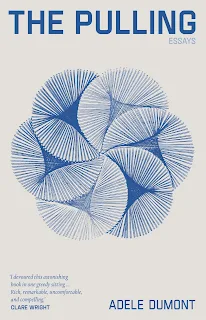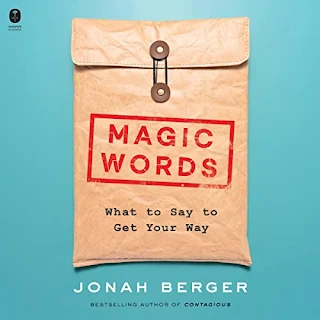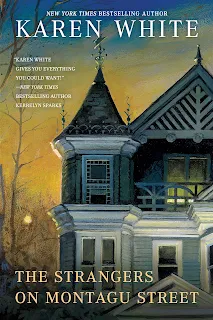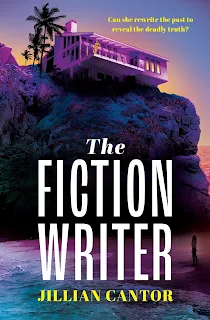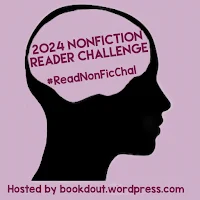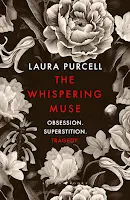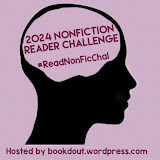* Copy courtesy of Scribe Publications *
Opening with a disclosure about her fingernails, readers picking up The Pulling quickly discover that Australian author Adele Dumont is extending an invitation to join her in exploring her deepest darkest thoughts, warts, fingernails and all. Dumont even tries to warn sensitive readers:
"Before I go on, let me say that the chapters that follow this one may be hard for you to bear; unless you are of my kind, doing what I do would hurt you." Page 49In a deeply personal memoir that can also be read as a collection of essays and vice versa, author Adele Dumont shares that she has trichotillomania (from the Greek word for hair + pull + mania), however she never uses the word. Instead, she prefers to call it pulling in order to highlight the physical nature of the act and the mental pull of the urge; hence the title of this book.
"The whole process was mysteriously painless: the hairs on my head, I learned quickly, sit as shallowly as birthday candles in a cake, can be removed as effortlessly as a grape can from its stem." Page 49As you can see, the writing is evocative, yet the private thoughts regarding her upbringing and relationship with her mother and sister often gave me pause on the page as I marvelled at her self awareness and deep level of disclosure. Many reminiscences were tough, but this one made me smile in recognition:
"She scorned the kind of parents who fed their kids anything too processed or frozen or coloured. When my sister wanted devon for her lunches like all the other kids, my mum would screw up her face and tell her: 'They make that stuff out of embryos.' She didn't seem to trust the kind of people who bought play-dough or birthday cakes from the shops instead of making them from scratch..." Page 24-25The Pulling is an intimate self examination of habit, ritual, compulsion and obsession without slipping into pointless navel gazing or devolving into a pity party. In an intensely personal narrative, Dumont attempts to explain her detailed thought process before, during and after a session of pulling, the affects it has on her physical body, her confidence levels and self esteem.
When describing the feeling of being in the pulling state, Dumont shares:
"So captive is this state that from within it I have watched my phone ring on the carpet beside me, but been incapable of reaching across to pick it up. In my laundry, which adjoins the lounge room, once I accidentally forgot to unplug the sink that the machine drains into, and listened to the sink fill then flood, knowing - at some level - that it must be seeping into the carpet, but helpless to interrupt it. When I've been overtaken, I have stood and watched water in my porridge simmer away into the air, and then the oats turn black and crackle with dryness, and my ears fill with the smoke alarm's shriek." Page 72I can't even begin to imagine how paralysing this must be and just how debilitating the condition is. Exploring a topic that brings us shame and examining the matter from all sides within the relatively safe confines of our own minds is admirable, but to put pen to paper and share them with the world takes immense courage and I was in awe.
At times reading like a diary or confessional, I did find myself wondering why the aspect of alopecia wasn't explored. If I noticed a friend or colleague with a patch of missing hair or an ill fitting hair piece, I would - incorrectly in this case of course - assume it was alopecia and move on. I wouldn't ask questions to clarify my assumption, judge the person negatively or bring attention to their condition in the same way I wouldn't comment if a person has visible vitiligo or male pattern baldness. I wish the author had considered this as a reason she was never 'confronted' or 'outed' by those close to her; although I'm prepared to accept that perhaps she has and it just didn't make the final edit.
The Pulling was hard going at times, strictly due to the intensely personal nature of the disclosures and the feelings they stirred up. In reading the author's accounts, I found myself better understanding the mental gymnastics underlying other compulsions like gambling which was insightful. Dumont is optimistic about the future, trying to reduce her triggers and pull less:
"Here is the basic truth: I wanted to stop pulling, but I also wanted to pull. And one of these desires was always stronger than the other." Page 183I can certainly relate to the contradictory nature of our thoughts and how some desires are in direct conflict with others; the desire to be healthy and the desire to eat foods that don't aid in the achievement of that goal. The pleasing introduction of a life partner and their close relationship with the author gives the reader hope M will be able to provide the strength and support she needs:
"I had long thought of the hypervigilance and deception my condition required as being a barrier to intimacy. But now I saw another dimension to my secret: its disclosure could be a means of offering intimacy." Page 239Dumont shares many personal epiphanies and self discoveries and I applaud her courage in making them public. I also found myself wondering how it will be received by those who know the author well while hoping it aids in her healing. This collection won't be for all readers, but there's much to be gained within the pages of The Pulling by Adele Dumont and I won't be forgetting it in a hurry.
P.S. The book also touched on a few of my favourite topics: Rapunzel Syndrome, bezoars, hair as identity, the religious and historical significance of hair and more. Those interested in hair might like to check out my review on Hair by Scott Lowe.


